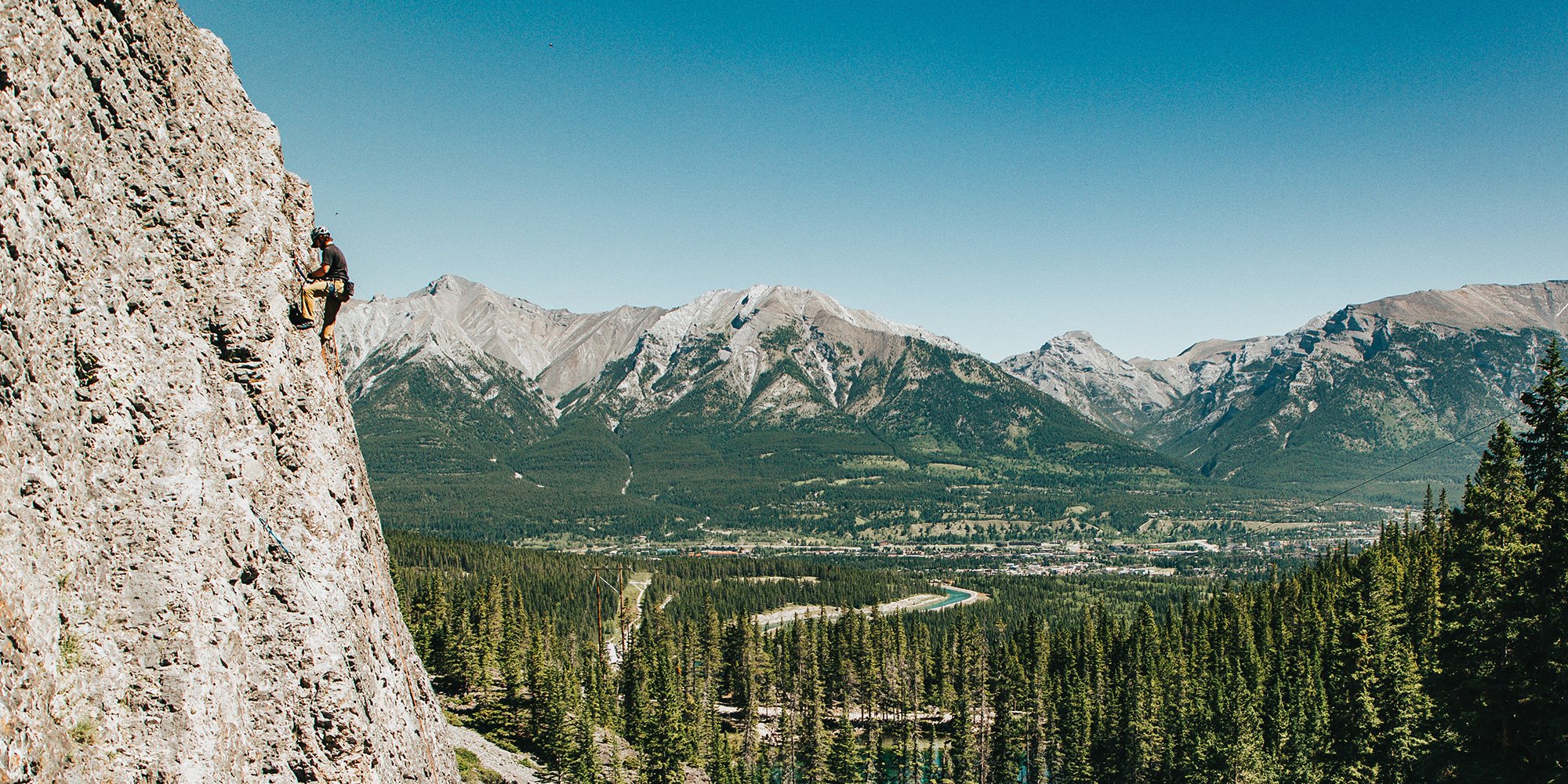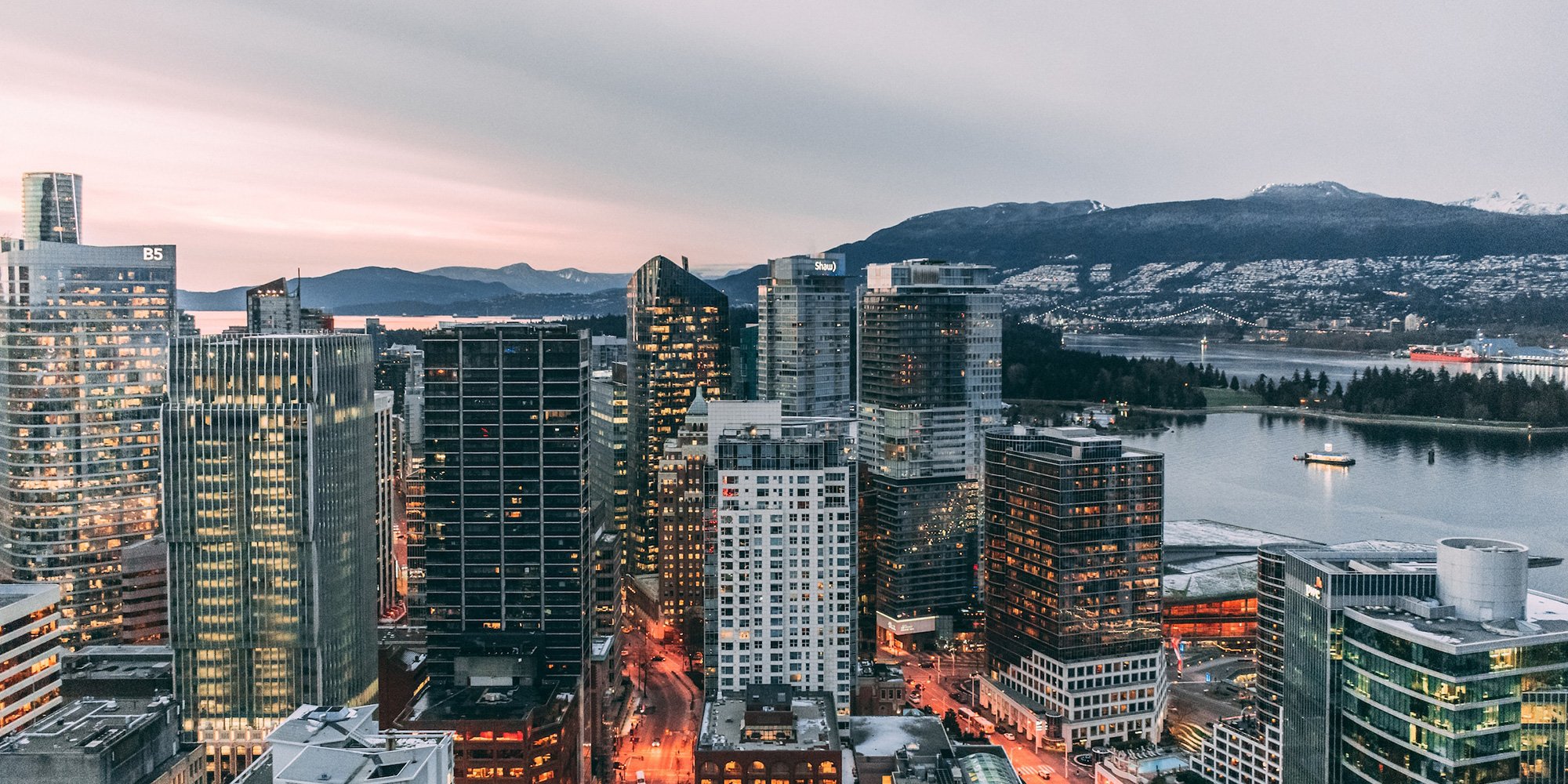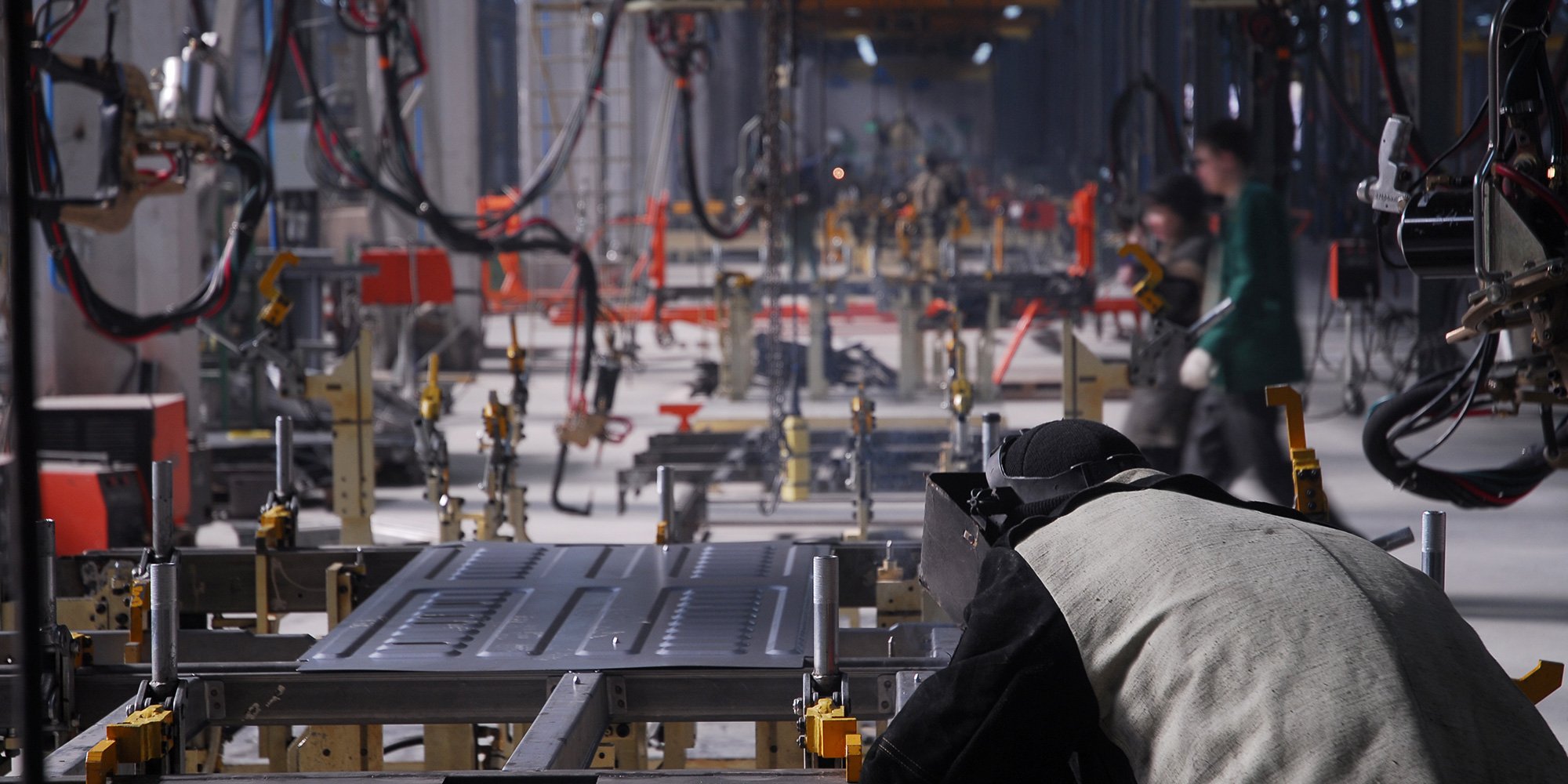4 min read
11 Challenges for Indigenous Businesses
All entrepreneurs face some challenges but not all entrepreneurs face the same challenges. Indigenous entrepreneurs face some challenges that those...

4 min read
All entrepreneurs face some challenges but not all entrepreneurs face the same challenges. Indigenous entrepreneurs face some challenges that those...

2 min read
Simply put, Indigenous procurement is the act of purchasing goods and/or services from an Indigenous-owned business. For example, our company,...

2 min read
Sometimes when the name says it all, the name says it all. This is true in a basic sense with Indigenous Economic Development Corporations. Namely, a...

4 min read
The first urban reserve in Canada was created in 1988 in the City of Saskatoon. The relationship between Saskatoon and Muskeg Lake Cree Nation (MLCN)...
Ramona Materi, MPA, MEd is the President of Ingenia Consulting. Ingenia consults on labour market and economic development issues. The firm has...

3 min read
The myth that Indigenous People do not pay taxes is one of the more enduring misconceptions regarding how easy Indigenous People have it and...

1 min read
Indigenous Peoples want the ability to participate in the political, and more importantly, the economic mainstream without having to rely on federal...
3 min read
There is a new reality taking shape in the Canadian economy. More than ever before, First Nations are pursuing and achieving a greater share in the...

2 min read
The time has come and we see action on the horizon in terms of change coming politically, legally and economically for Indigenous Peoples. Improving...